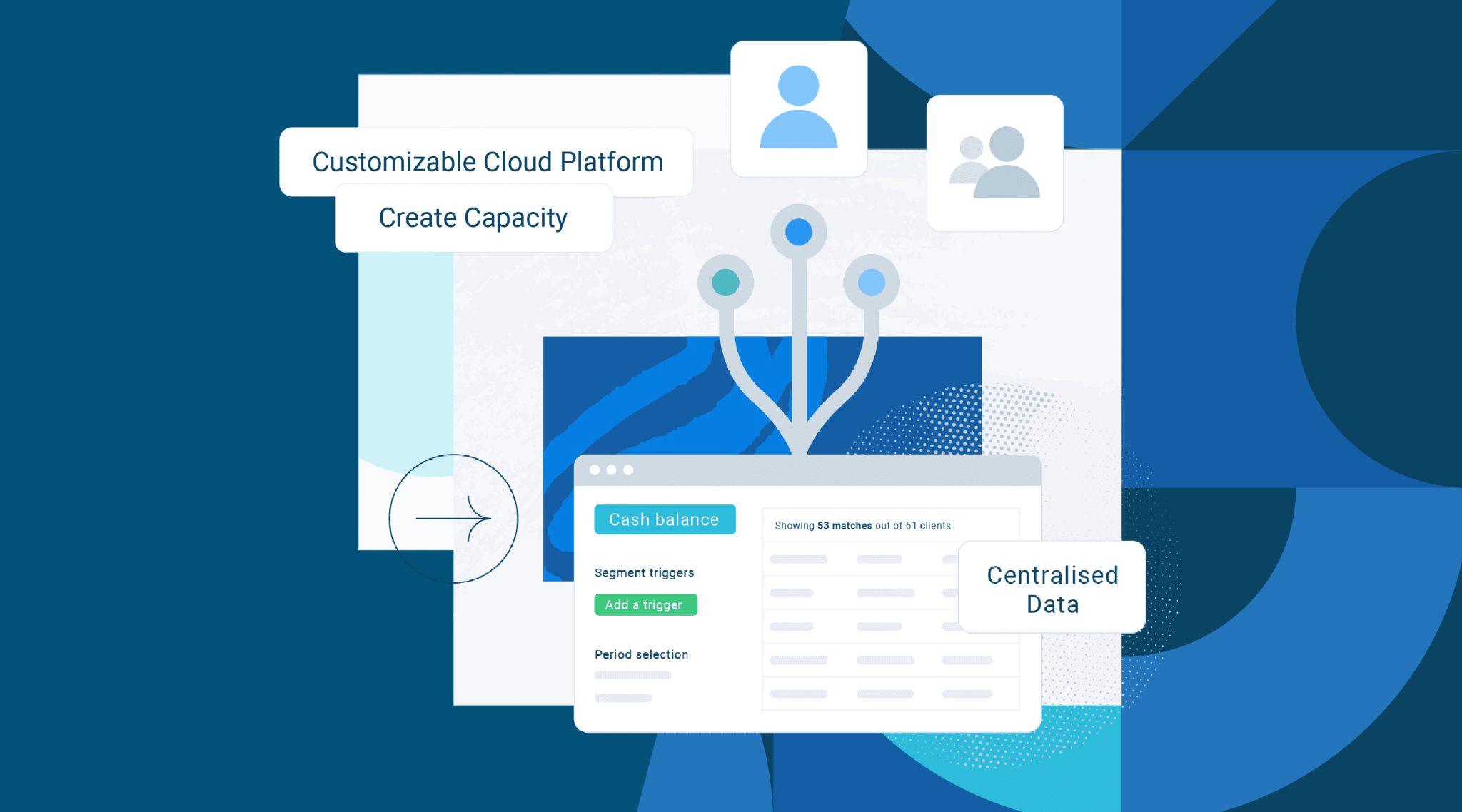Before accountants can dive right in and get started on their digital transformation, here are a few fundamentals that I believe all firms need to have in place. If they don’t have these core elements, then their digital transformation efforts will not have the desired impact.
Laying the key foundations for future success
First and foremost, accountants need to have their clients’ data in a digital format. There is little point in investing in a new piece of technology without having data digitally ready and stored. If it’s all manual then they will have to physically enter this data themselves – a process that will obviously take far too much time and effort.
Next up is the cloud
Everybody uses the cloud whether this is Gmail, Spotify, or Netflix. Cloud-based solutions allow organizations to store their key data online and have it accessible at any time and any place. In the past, when accountants used on-premise software, this data would be at risk of system failures. If a computer broke down or the software stopped working, then it was lost – and might not be retrievable. Not to mention the cost of maintaining your own systems was considerable.
The cloud changes all this for good. Data is always stored on the cloud until it’s deleted. It can be accessed from wherever, at whatever time. Of course, with COVID-19 forcing most practices to work remotely, the vast majority of accountants will already be using cloud-based solutions. This isn’t set to change any time soon.
Accountants also need flexibility. They need the flexibility to be able to be both an accountant and a developer at the same time – dedicating energy to learning and mastering both skills. More importantly, they need flexibility from their cloud-based digital tools. The best providers offer customizable solutions. For instance, organizations can fine-tune Silverfin – tweaking it according to their specific preferences – and make it more suitable for their particular goals.
But, just because accountants might learn key development-related skills, doesn’t mean that they have to do this customization on their own. Leading platforms, like Silverfin, help firms fine-tune their software by working closely with them. They might have an implementation team—or perhaps the account manager is able to help the firm themselves. Whatever their method, they’re invested in making sure the tool is as valuable as possible to you. This means they’ll move heaven and earth to make your chosen customizations a reality.
By working with a provider that’s willing to help you customize a solution, firms can more easily modify their software and gain maximum value from it going forward.
Interested in learning more? Download your complete copy of The Developer Accountant.






